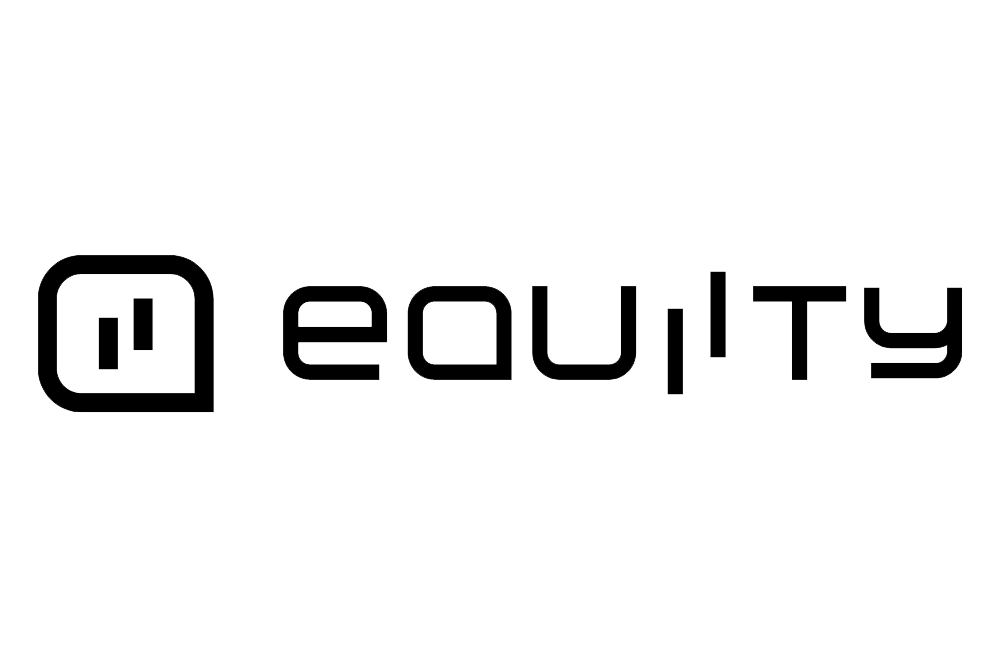Have you ever considered what it must be like to deal in stock markets? If yes, the mammon has given you the right direction. The stock market is where numbers have their language, charts untold tales, and financial destinies are written. You’re not alone if you’re curious about what goes on in this arena and wondering how to get in on the action.
So, what’s the stock market all about, and how can you join the ranks of investors? Let’s take a peek behind the curtain in a way that’s easy to understand and, dare we say, a bit intriguing.
What is Stock Market?
Stock Market works like a usual market where buying and selling takes place. It serves as a platform for the trading of shares belonging to publicly listed companies. In the primary market, companies release shares to the general public through an initial public offering (IPO) to generate capital.
Regardless of your investment avenue, the stock market is well-equipped to provide the perfect tools and abundant opportunities for profit. Nevertheless, before diving into the stock market, it’s prudent to grasp its workings to ensure you’re well-prepared to make informed decisions. For making such decision, you can go for RCG Markets and learn more about stock trading and trading brokers.
The primary U.S. stock exchanges are comprised of the New York Stock Exchange (NYSE) and the Nasdaq. In the United States, vital regulatory bodies overseeing this environment include the Securities and Exchange Commission (SEC) and the Financial Industry Regulatory Authority (FINRA).
What Does Stock Markets Do?
- The stock market upholds price transparency, liquidity, price discovery, and fair dealings in trading.
- It ensures that all market participants have access to data for buy and sell orders, contributing to the equitable and transparent pricing of securities.
- Price discovery, a crucial aspect, is supported by stock markets, where the collective input of all buyers and sellers determines the price of a stock.
- Instant access to place orders is provided for those qualified and willing to trade, with the market ensuring that orders are executed at fair prices.
How To Invest In Stock Markets?
Here are a few investing tips for you in the Stock Market. Learn how to invest your money here:
Determine your preferred method of entering the stock market
- Personally select stocks and stock funds.
- Employ a professional to oversee the investment process.
- Commence investment in your employer’s 401(k) plan.
An investment account that suits trader’s needs
- Open a brokerage account or,
- Open a Robo-Advisor account
Establish a budget for your stock market ventures.
- The capital required to purchase an individual stock is contingent upon the share’s cost, which can vary from a few dollars to several thousand dollars.
- If you’re inclined towards mutual funds but have a limited budget, an exchange-traded fund (ETF) could be a more suitable option. Unlike mutual funds, which may have minimum investment requirements of $1,000 or more, ETFs are traded like stocks and can be acquired for a share price, often below $100. This is the best way of investing in shares for beginners.
Understand the distinction between investing in individual stocks and funds
Mutual Funds or ETFs:
- Opt for either stock mutual funds or exchange-traded funds (ETFs).
- Mutual funds enable the acquisition of fractional shares in various stocks through a single transaction.
- Index funds and ETFs, specific types of mutual funds, mirror the performance of an index—such as an S&P 500 fund replicating the stocks within that index.
- Investing in a fund grants ownership of fractional shares in the constituent companies.
- Construct a diversified portfolio by combining multiple funds.
- It’s noteworthy that stock mutual funds are occasionally called equity mutual funds.
Individual Shares
- Consider purchasing a single share or a small number of shares for a specific company to initiate your entry into stock trading.
- While it’s feasible to construct a diversified portfolio using individual stocks, it requires substantial investment and research. For such diversification of your portfolio, look for Alpha Markets.
- Acknowledge that individual stocks can experience fluctuations. FXCM is where you can dodge and understand the fluctuations more efficiently for investing advice.
- If you opt for this approach, consider your initial reasons for choosing a particular company if uncertainties arise during a market downturn.
What is the difference between Stock Market and the Share Market?
A stock market, also known as a share market, serves as a platform for trading various bonds and securities. The value of a company’s stock is influenced by the interplay between supply and demand. While a company can issue shares directly, it cannot do the same with stocks.
Stocks are formed by aggregating multiple shares, and it’s important to note that shares may have a lesser value, whereas stocks invariably carry substantial value. These distinctions highlight the primary differences between the stock and share markets. We have discussed the best way to start investing in stock above, and you can also check out various things related to stocks and shares, like spreads, leverage, and minimum deposit at Trade245.
Recent Developments in Stock Market Around The World
Stock markets around the globe depend on various factors, such as geopolitical, financial, political, etc. Let’s look into the stock markets around the world.
United States
As of 5/12/2023, U.S. stock futures declined, anticipating a second consecutive day of losses as investors awaited new jobs data and adjusted expectations regarding the trajectory of interest rates.
The decline was particularly notable in the tech sector, with Nasdaq 100 futures showing a 0.5% decrease. S&P 500 futures experienced a 0.3% drop, while Dow Jones Industrial Average futures fell by nearly 0.3%, equivalent to approximately 90 points.
India
Stock Market Today: On Tuesday, 5/12/2023, India’s stock markets reached $4 trillion for the first time due to the surge in investments by retail traders and foreign inflows.
What are Best Investment Courses online?
There are various Investment courses online, we have compared some of them for you to select from:
| Course | Platform | Hours | Price | Guarantee |
| Stock Market from Scratch for Complete Beginners | Udemy | 6.5 hours | $49.99 | 30-day money-back guarantee |
| Simpler Trading | Simpler Trading | Self-Guided | Upto $997 | None |
| Peak Analytics Direction First Newsletter | Marketfy | Self-Guided | $14 per month | 30-day money-back guarantee |
| BearBull Trader | Bear Bulls Trading | Self-Guided | $99 to $199 per month | 7-day money-back guarantee |
Conclusion
It is advisable to look into specific points while dealing in stock markets. You should be aware of different brokers like Capitalix, who trade fairly and most importantly, your funds are safe with them.
Stock Trading is highly risky, but it can gain huge profits if played correctly. It essentially boils down to determining your preferred investment strategy, selecting a suitable account type, and deciding the appropriate amount of funds to allocate to stocks.
FAQs
How to start trading stocks?
- Select an online brokerage platform. The initial step involves identifying an online stockbroker.
- Establish a demat and trading account.
- Access your demat/trading account and deposit funds.
- Review stock information and commence trading.
Can I invest Rs1000 in stocks?
Yes, Rs 1,000 is ample to introduce you to the stock market, offering an opportunity to augment your financial acumen.
Can I buy 10,000 shares?
Indeed, you can purchase 10,000 shares for intraday trading if you possess adequate capital matching those shares’ market value to settle your position.
Can I invest Rs10 in Stock Market?
Indeed, it is possible to invest as little as 10 rupees in the Indian stock market. With the minimum order quantity for most stocks set at 1 share and many stocks’ prices below 10 rupees, this provides accessibility for small-scale investments.
What are the 4 types of trading?
There exist four primary trading styles:
- The Scalper.
- The Day Trader.
- The Swing Trader.
- The Position Trader.
What is an Alternate Trading System?
Alternate Trading System is for matching large buy and sell transactions. Dark pools are the private exchange or form.







